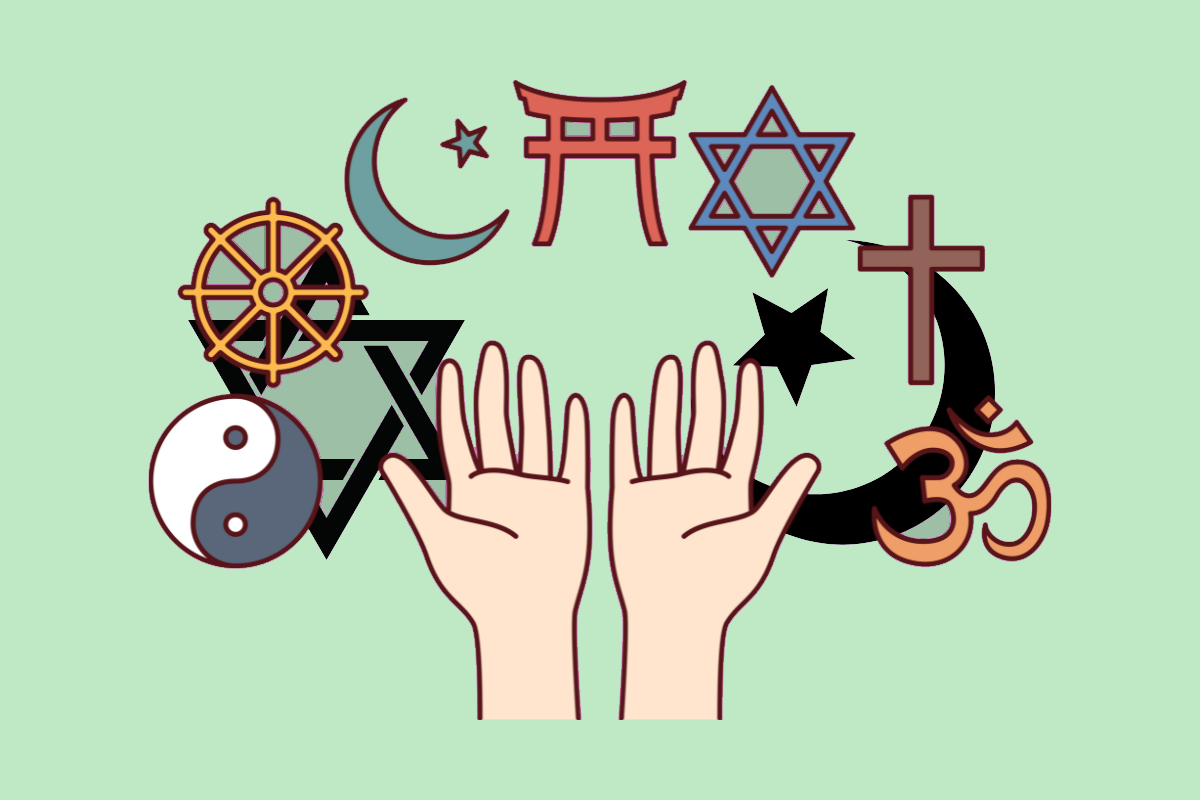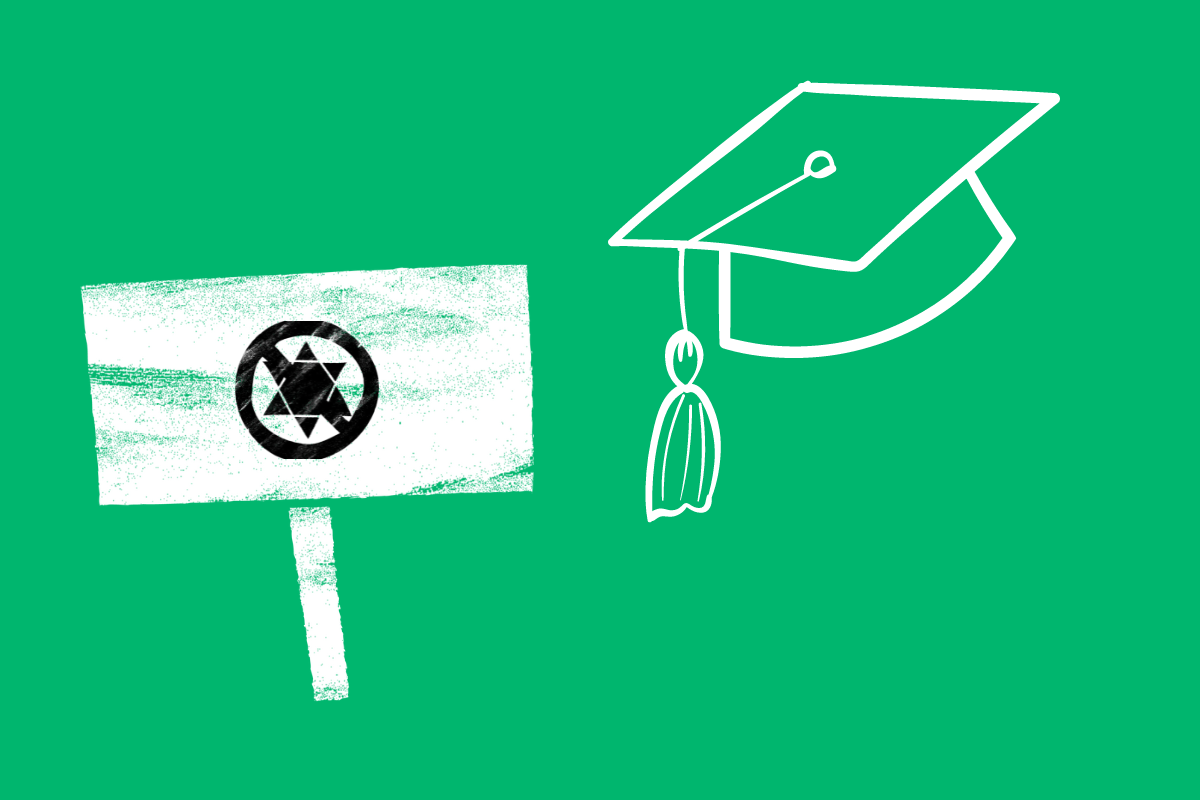Published: 14 September 2023
Last updated: 19 March 2024
Israel’s far-right government has prompted major changes both within the Australian Jewish community and at a public policy level.
A year ago, an article about Australia and Israel would have begun by observing that Australia’s Jewish community is passionately supportive of Israel, whatever the flavour of its government, and that successive Australian governments have had a bipartisan balanced policy broadly supportive of Israel.
Neither of these statements is now true. While Australian Jews remain deeply committed Zionists and Australia remains a fundamental supporter of Israel’s right to statehood, peace and security, there are many more shades of grey in both relationships.
Australians’ relationship with Israel must now be seen through the prism of Israel’s most extremist government ever: a coalition led by Prime Minister Benjamin Netanyahu’s Likud but deeply influenced by the Jewish Supremacists Otzma Yehudit, the religious nationalists Religious Zionism, the two Haredi parties United Torah Judaism and Shas, and the deeply conservative “religious values” party Noam.
Both the broader Australian public and the vast majority of Australian Jews are uncomfortable with the extremism of this government, its anti-democratic reform agenda, the racist statements coming from National Security Minister Itamar Ben-Gvir and Finance Minister Bezalel Smotrich and its drive to increase settlements in the West Bank.
They are also appalled by the social effects which have resulted from the cultural permission of extremism including the deep divides in Israeli society resulting from massive protests, unprecedented settler violence towards Palestinians and the lawlessness resulting in a spate of murders in Israeli Arab towns.
As a result, this year has seen unprecedented changes in the attitudes of Australians to Israel, from government policy to grassroots protests.
It is not entirely true to say the past year marked the end of bipartisanship in Israel policy. The Morrison government’s unilateral decision to recognise West Jerusalem in 2018 was the first nail in the coffin and it was always to be expected that the Labor government would reverse the Morrison government’s decision to recognise West Jerusalem as Israel’s capital, which it did soon after coming to power.
But the Israeli government’s uncompromising attitudes to Palestinians, the rise in settler violence and the anti-democratic trends powered more critical statements from Foreign Minister Penny Wong, signalling a significant change in the Australian government’s policy.
Wong raised concerns about Smotrich’s inflammatory remarks with the Israeli government, commented on “alarming trends” in Israeli democracy and described the acceleration of Israeli settlements as “an obstacle to peace” in the region.
On a communal level, the most dramatic change was a small but unprecedent crack in the position against any criticism of Israel from the Diaspora.
Most significantly, the government made a decision to harden its language on Israel-Palestine, referring to the West Bank as “occupied” and settlements as “illegal”.
Some State ALP conferences also moved for the recognition of Palestine, although Wong successfully held off a move to recognise Palestine at the ALP National Conference, making it clear that the Albanese government is committed to a considered and moderate policy which requires a future Palestinian state to be built on a commitment to Israel’s security.
On a communal level, the most dramatic change prompted by the election of the Netanyahu government was a small but unprecedent crack in the position that has long been maintained by communal leaders against any criticism of Israel from the Diaspora.
Both the Executive Council of Australian Jewry (ECAJ and Zionist Federation of Australian responded to the 2022 election with caution. The ECAJ referred to “populist extremist politicians, with an openly racist and homophobic agenda”. The ZFA observed, “many Australian Jews are concerned about the inclusion of Itamar Ben Gvir and his ‘Jewish Power’ party given their past statements that are inconsistent with the values of every former Israeli government on both sides of politics.” Even AIJAC, renowned for its unapologetic defence of Israel, expressed concern at “Ben Gvir’s ugly rhetoric and deplorable promotion of discriminatory and harsh measures”.
Aware of the changing feelings in the community, the ZFA has made Australian Zionism a much broader church this year, listening to the community through its support of the Crossroads23 survey, inviting a broad cross-section to President Herzog’s Kol Ha’am consultation session in Melbourne, and choosing liberal Zionist Rabbi Donniel Hartman to address the recent plenary.
On the other hand, communal leaders were uncompromising in their responses to the Government’s changes, strongly criticising both the Jerusalem move and the hardened language on the West Bank.
Some sections of the community want communal leaders to be more critical of Israel, supporting the Australian government’s position, and this would be consistent with the positions taken by many Diaspora leaders in the US, UK and Europe and indeed the World Zionist Congress.
The willingness to acknowledge any limitations or barriers in the Australian Jewish association with Israel represents a qualitative change in the Australian community’s relationship with Israel.
The old attitude that criticising Israel is not the purview of Diaspora Jews has died: 78% of Australian Jews surveyed believe it is acceptable for Jewish people who do not live in Israel to publicly air their views about the Israeli government and its policies.
The Crossroads23 survey conducted by The Jewish Independent revealed a sharp contrast between Australian Jews’ fundamental attachment to Israel and their attitude to its current policies.
Questions about attachment to Israel produced very high levels of positive response but those about current policies evoked strong criticism, strong majorities opposing the proposed judicial reforms, believing Orthodox Judaism has too much influence, and thinking there is too much corruption in Israel.
In the past year, for the first time Australian Jews and expatriate Israelis protested against Israel, targeting judicial overhaul and women’s rights, and echoing the massive protests that have occurred weekly in Israel and reached a crisis point before Pesach, even forcing Netanyahu to temporarily put the judicial overhaul on hold.
At the turn of the Jewish year, a traditional time of reflection and renewal, it must be acknowledged that Australians have clearly done a lot of reflecting about Israel this year and that renewal will depend on changes inside Israel.



